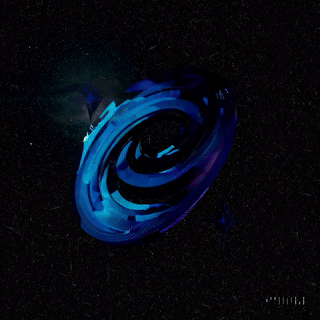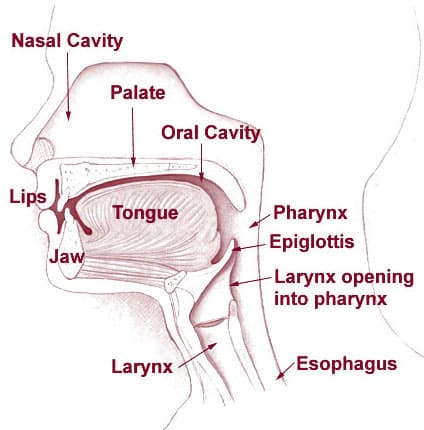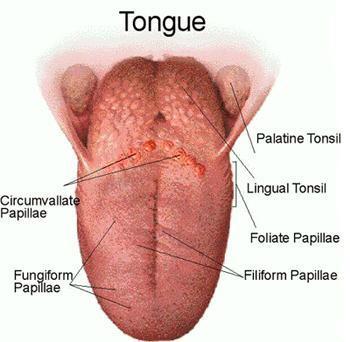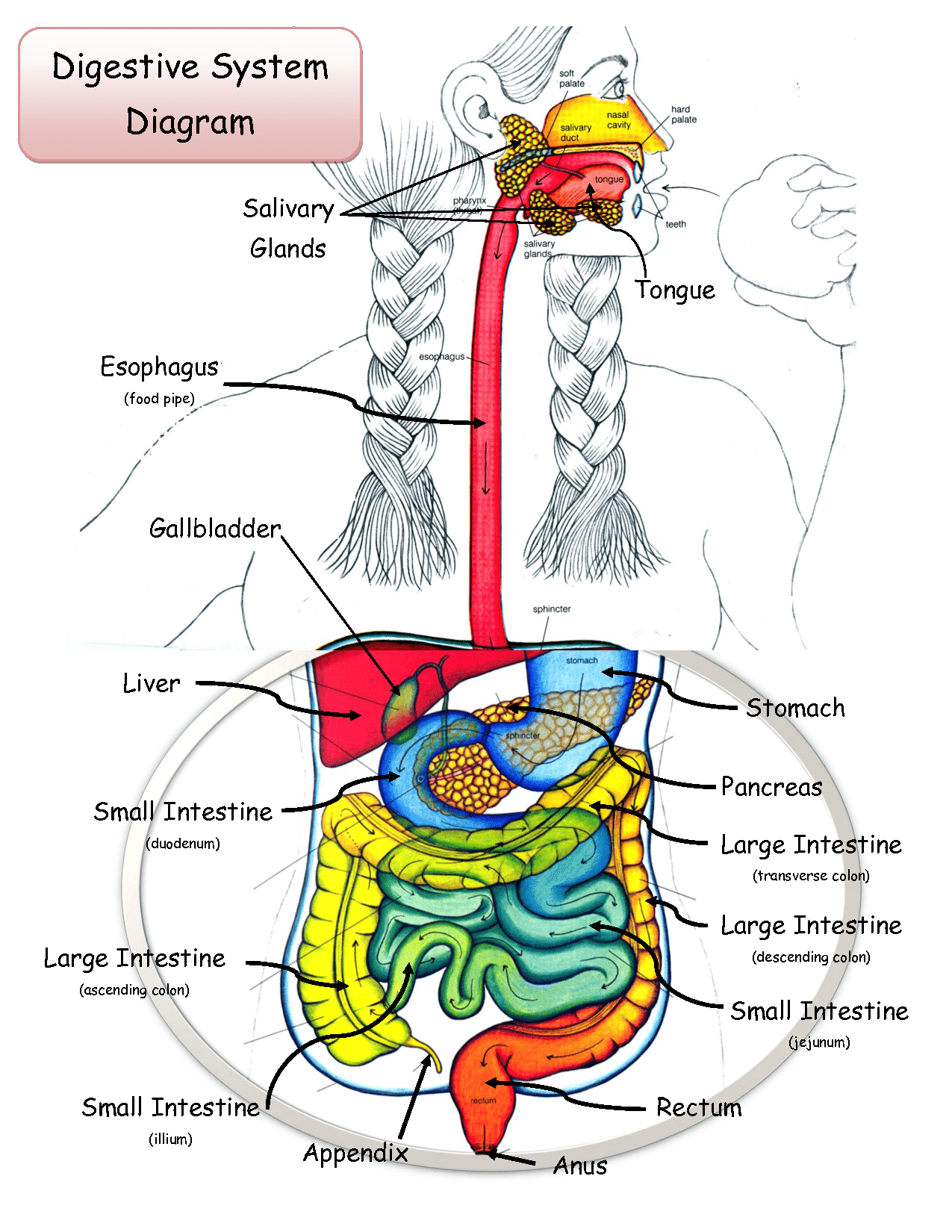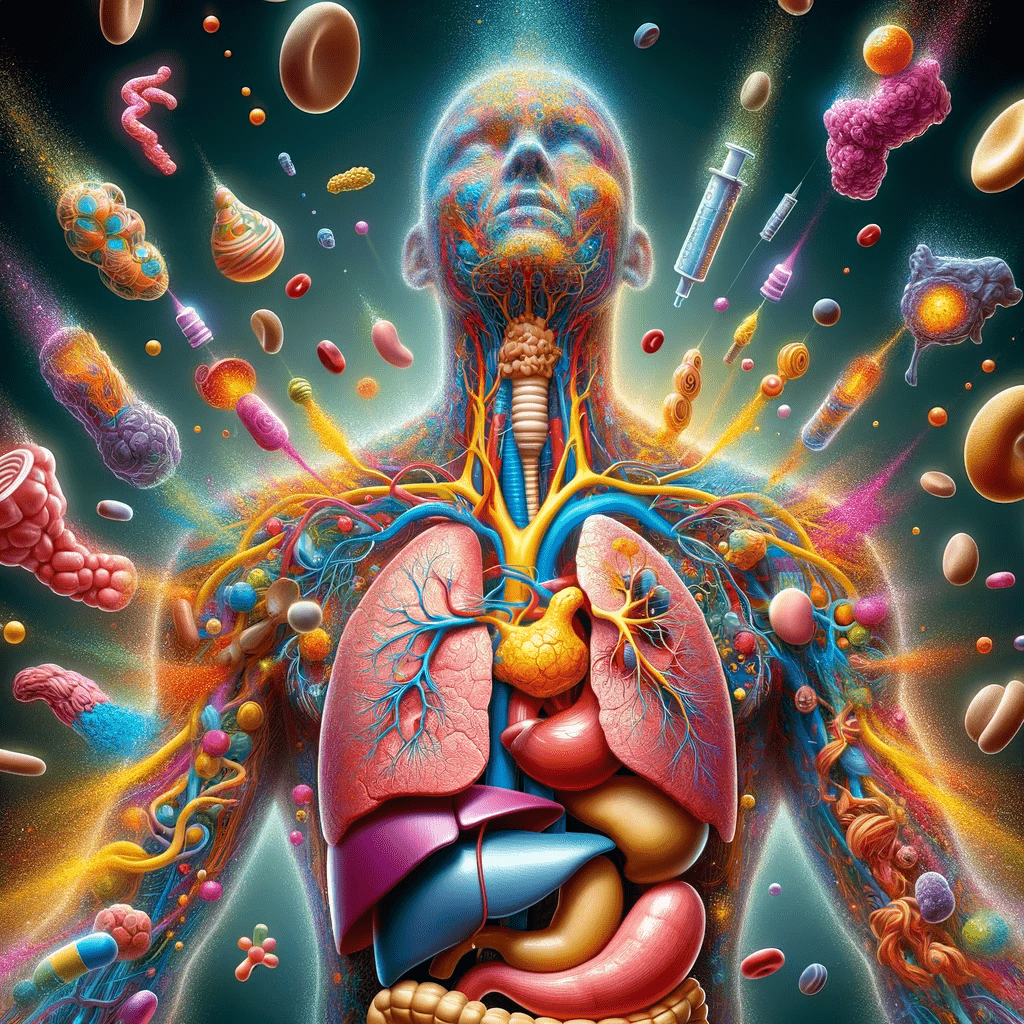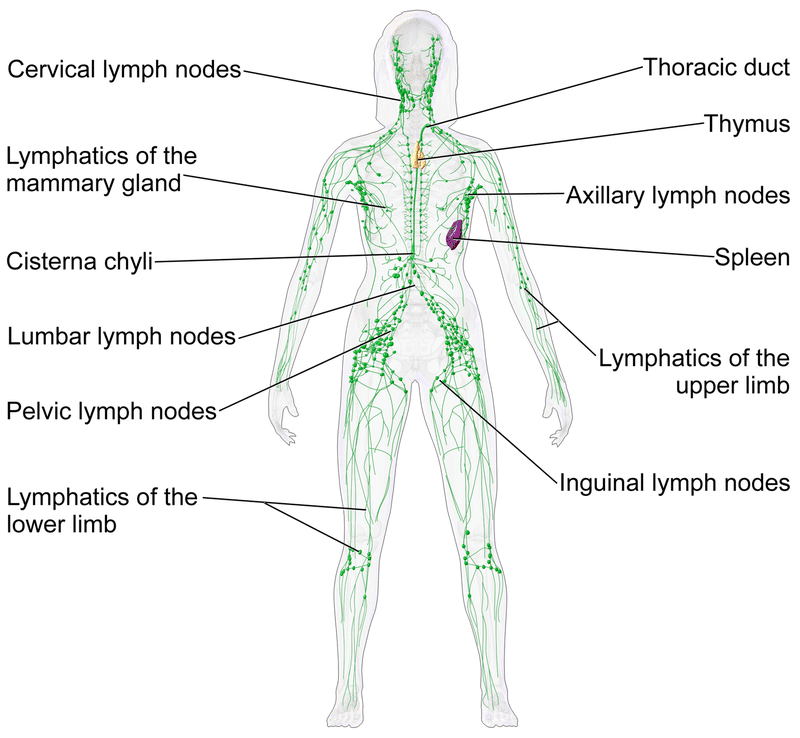This is my most recent painting. I started it wanting to create an impressionist landscape with symbolic elements and sensational colors. Then I drew three hills and then painted the sky, then the sun, hills, then trees. I completed the paining on 11/23/14, but worked on it for over a year, it was really a fun painting from the start to finish. Check it out, please let me know what you think in the comments… I love criticism, so please bring it! Check out the different views below:
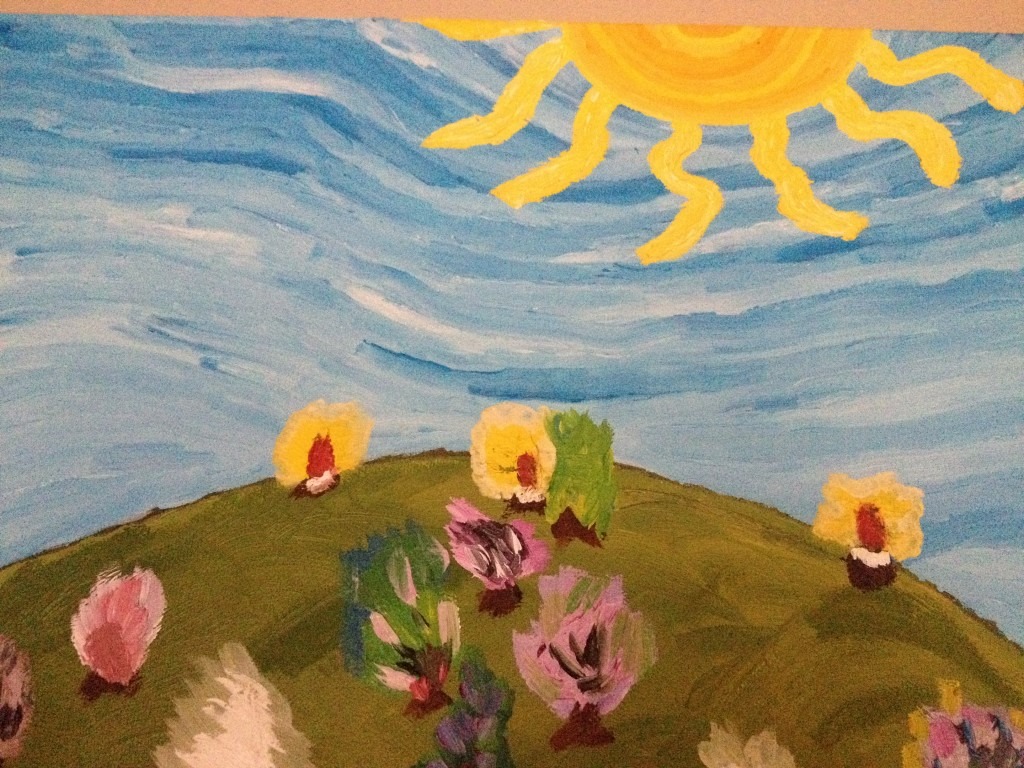
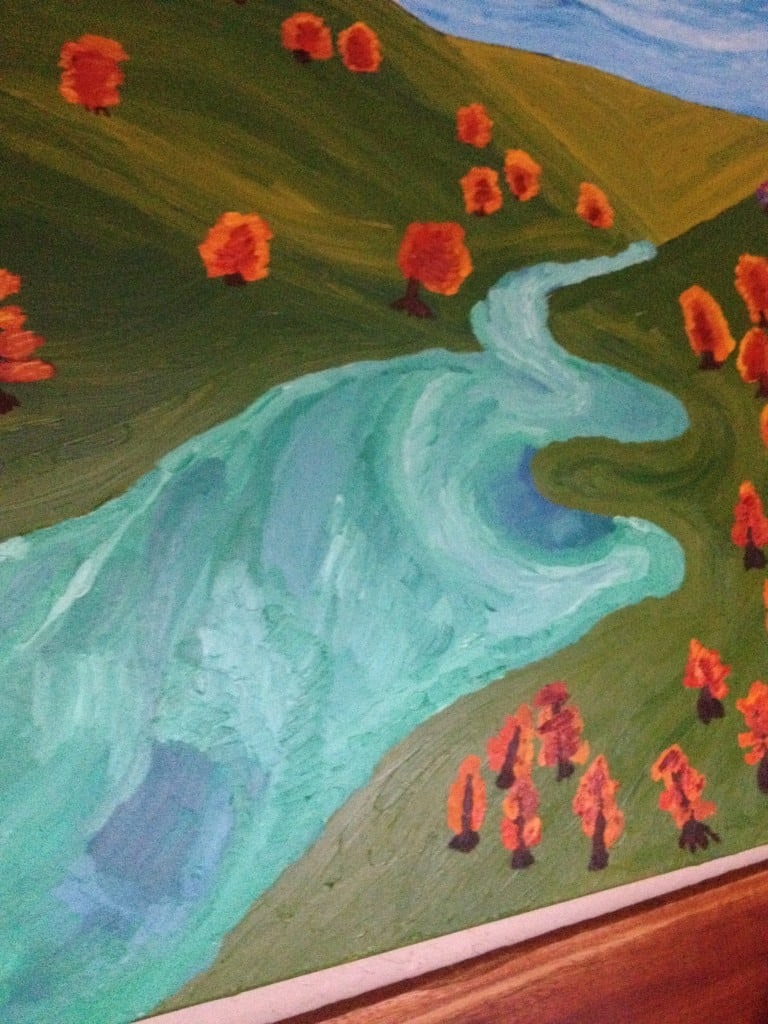
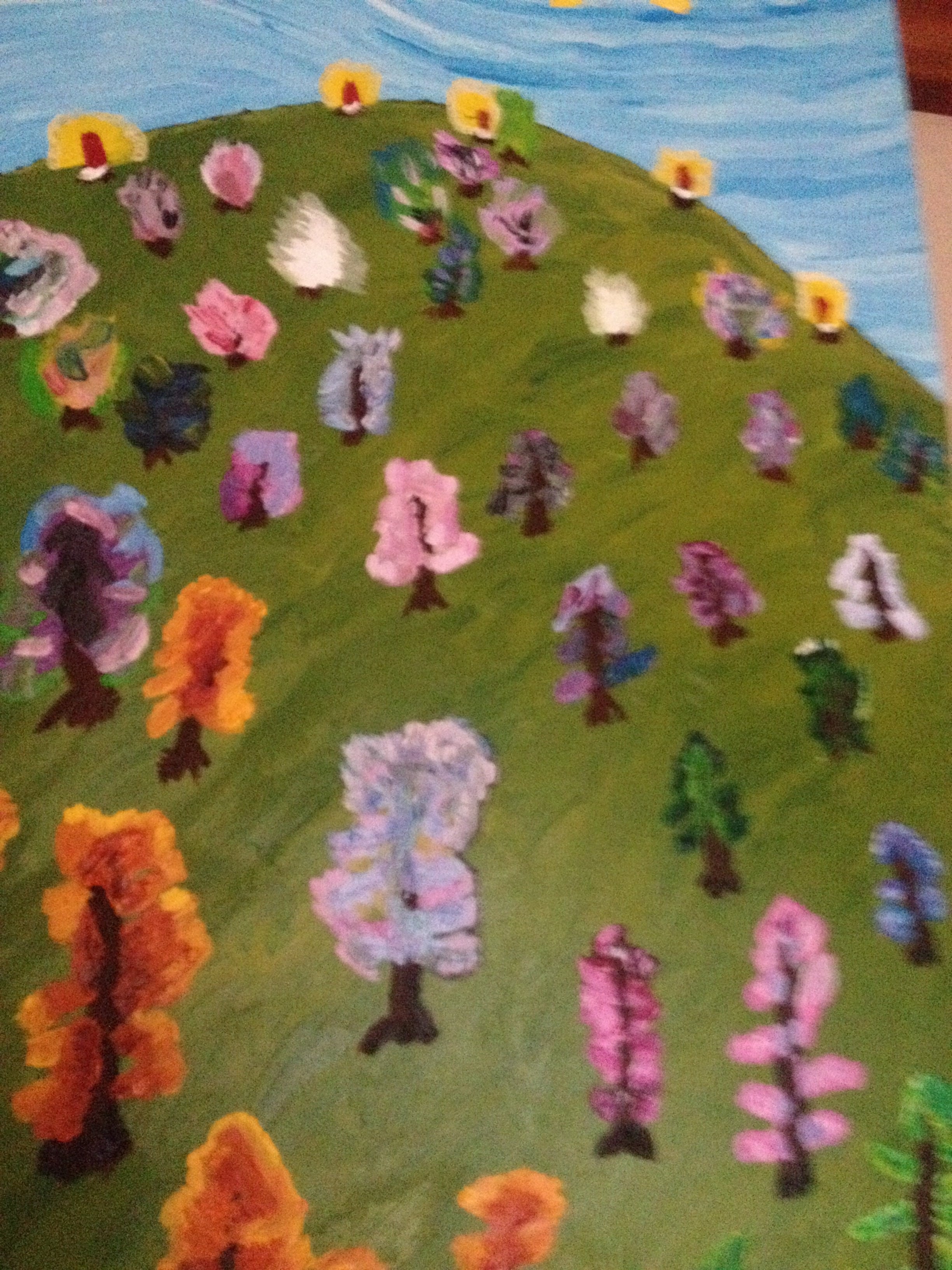
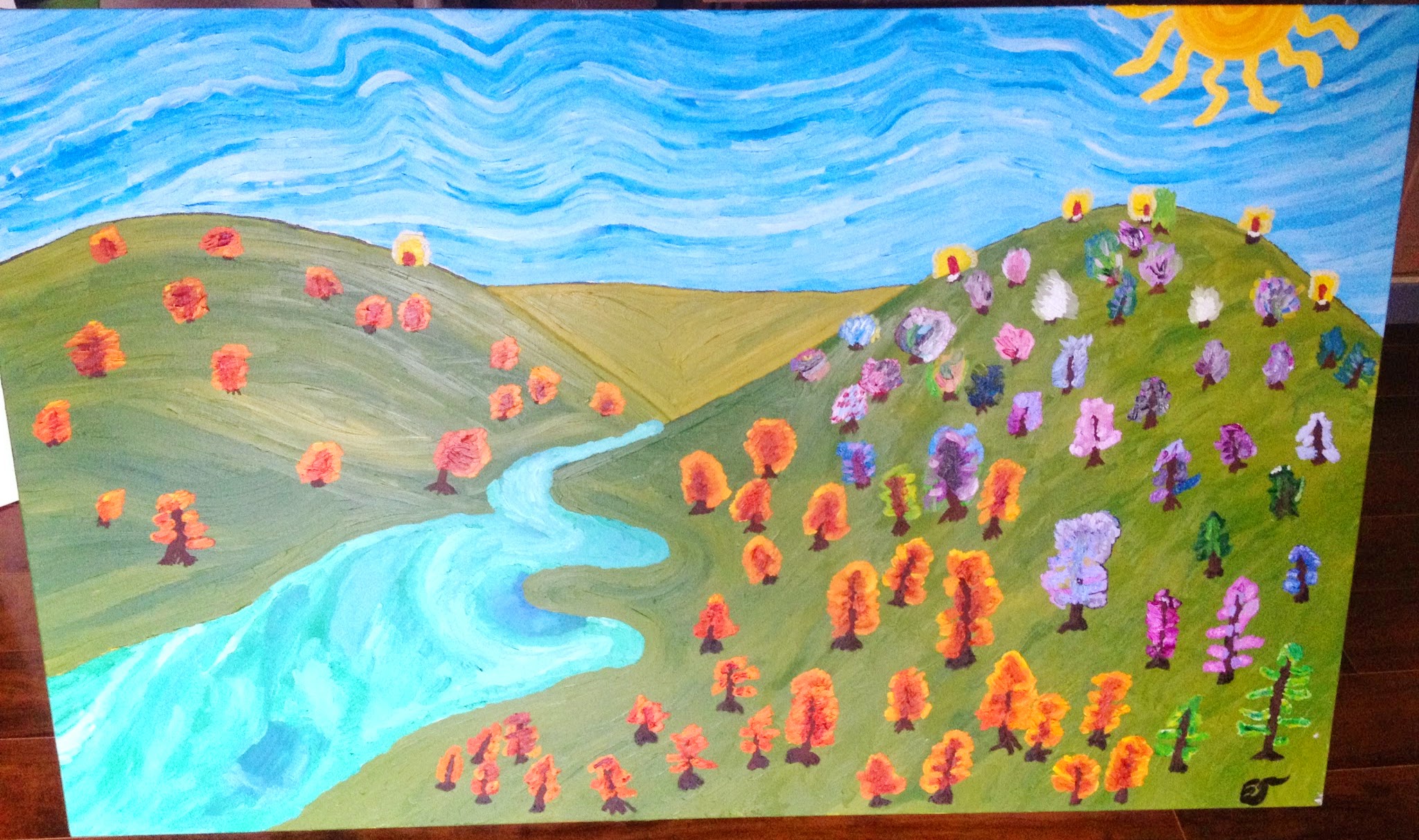
keep in mind that it looks better in person!
